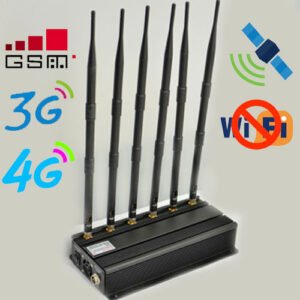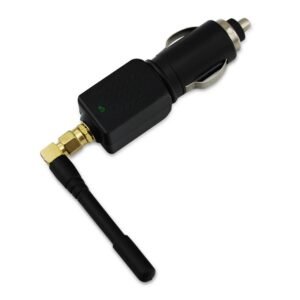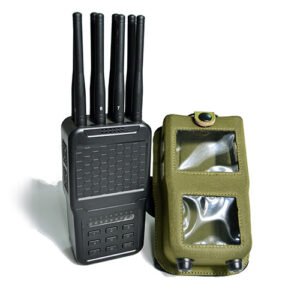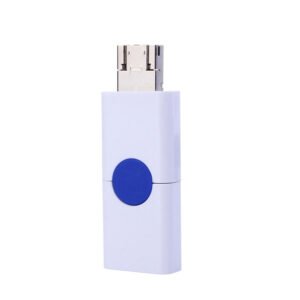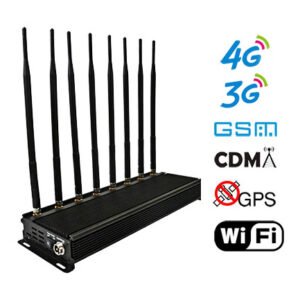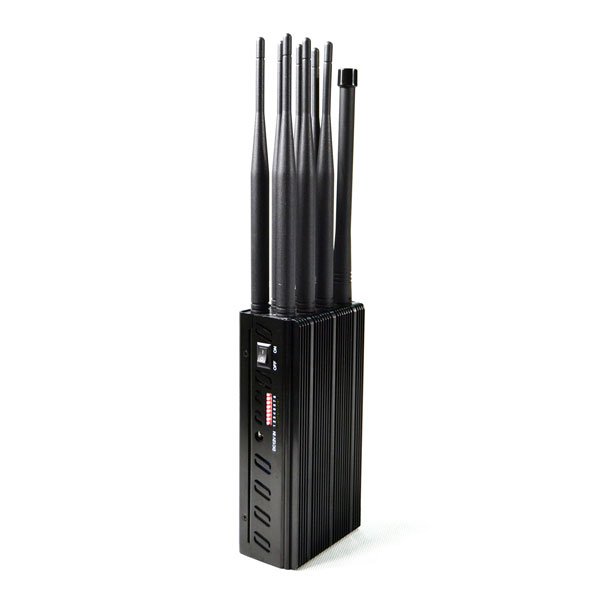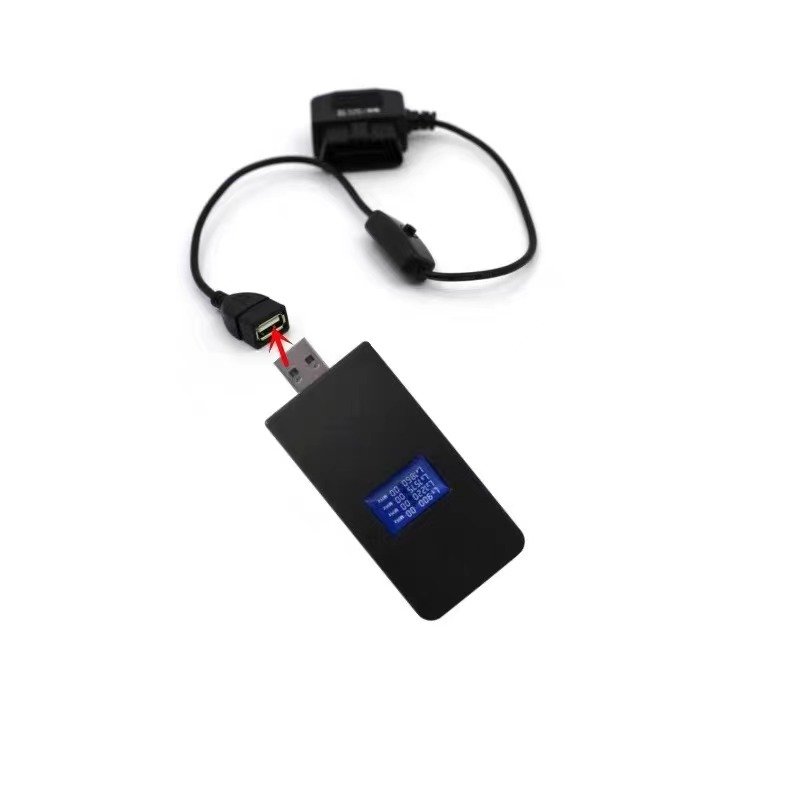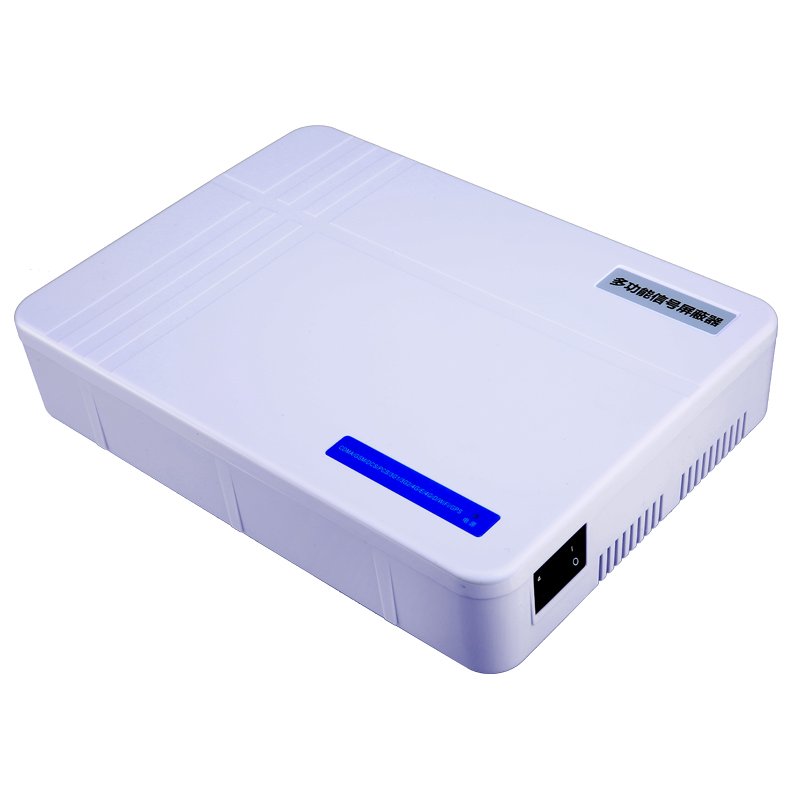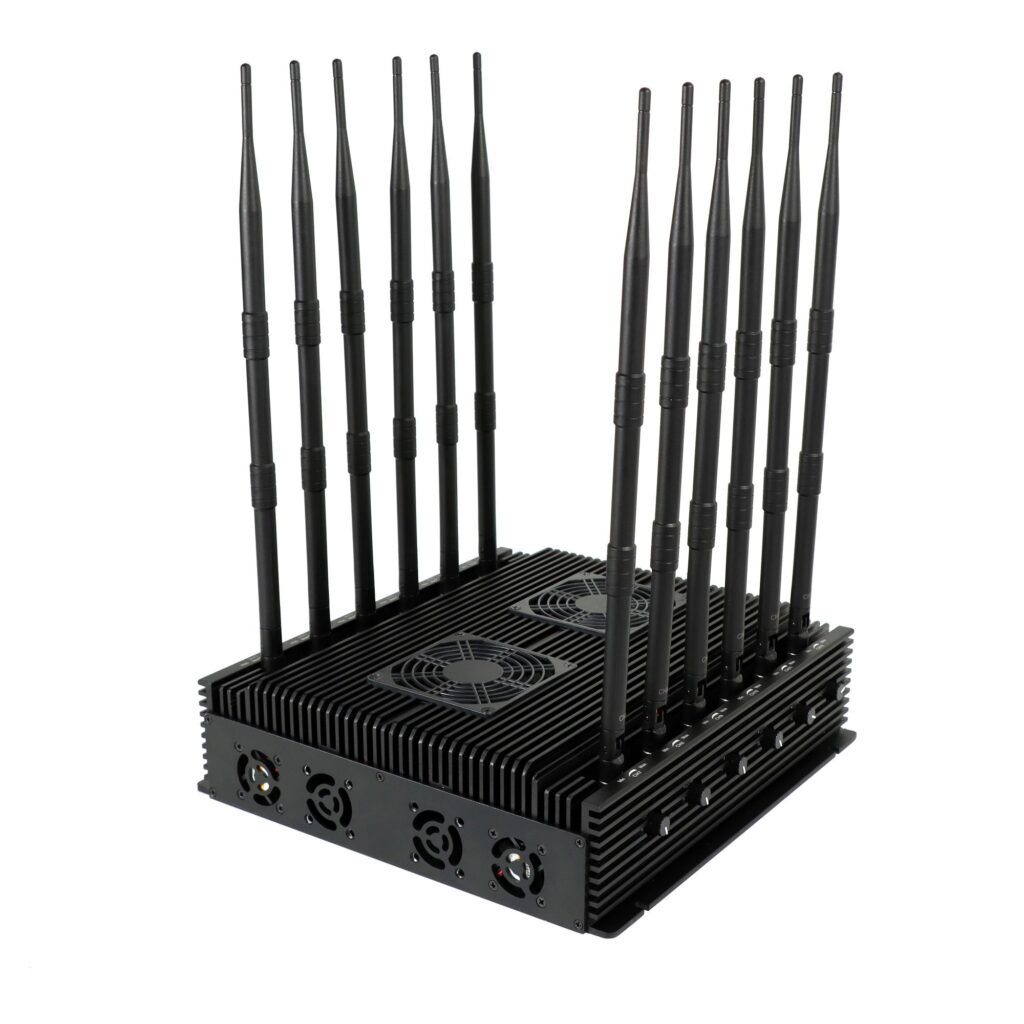In fleet management, GPS (Global Positioning System) is an important component of telematics systems. It allows business owners and managers to monitor the location and status of their fleet in real time. If I were the manager of an automotive company, I would also want to know the real-time status of the company vehicles. These systems generate actionable business insights by collecting data from multiple touchpoints throughout the vehicle to optimize management efficiency.
Currently, GPS tracking systems on the market are mainly divided into two categories: Recording type and Real-time type. Recording systems record the location of the vehicle and store the data on the device. Fleet managers can then connect the storage device to a computer and analyze the data using special software.
In contrast, a real-time system continuously transmits location and time data of the vehicle. Such systems are often used to monitor the vehicle's location in real time and to implement advanced functions such as route optimization.
If you suspect that someone is tracking you via GPS without your permission, you can take measures to jam the GPS signal and prevent tracking. I'll show you how to jam your car's GPS tracking signal if it is being tracked without authorization.
Reasons why vehicle management companies use GPS for vehicle tracking
If you work in a vehicle management company, you will find that GPS vehicle tracking systems play a crucial role in fleet management, helping companies to significantly increase operational efficiency, reduce costs and improve service quality. Here are some of the key benefits of GPS vehicle tracking systems and how they can help fleet companies optimize their management:
1. improve operational efficiency
Real-time GPS tracking systems allow fleet managers to know the exact location and status of their vehicles at all times. By analyzing driver behavior, optimizing routes and reducing unnecessary stops or detours, your company's fleet can significantly reduce fuel consumption and improve overall productivity. In addition, real-time data helps your company's managers to respond quickly to emergencies or adjust rosters.
2. increase driving safety
GPS systems can record and report data on speeding, harsh braking, rapid acceleration and other risky driving behaviors. I can clearly tell you that this information not only helps your company's managers identify potential safety risks, but can also be used to teach drivers safer driving behavior. This is an effective way to reduce the accident rate and ensure the safety of drivers and vehicles.
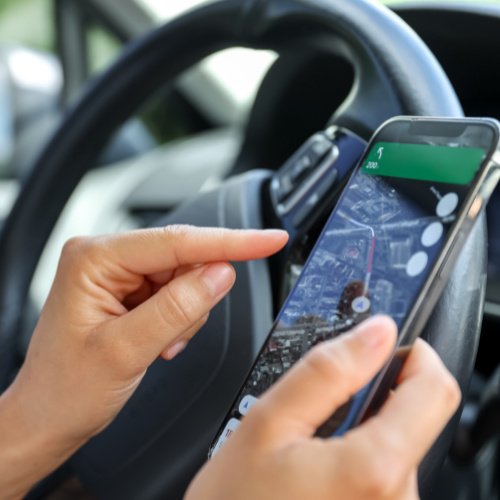
3. improve vehicle maintenance management
We can also remind managers to carry out maintenance and repair work on the vehicle in good time by tracking the vehicle's operating status and engine performance data (such as mileage, fuel consumption and fault codes). For example, you can use GPS tracking data to view the distance traveled by the vehicle and send reminders when the vehicle reaches the maintenance mileage. In this way, you can avoid breakdowns or downtime due to neglected maintenance, extend the life of the vehicle and improve the overall efficiency of the fleet.
4. optimize the customer service experience
GPS vehicle tracking also allows you to provide fleet managers with accurate delivery updates and real-time arrival time predictions. This not only increases customer confidence in the service provided, but also significantly improves customer experience and satisfaction. I think that for the logistics and distribution industry, accurate time management and transparent service are important factors for customer loyalty.
5. reduce operating costs
In addition, the GPS system helps fleets to significantly reduce operating costs by optimizing route planning and reducing unnecessary mileage and fuel consumption. In addition, your managers can save further money by monitoring driving behavior, reducing vehicle wear and tear and unexpected repair costs. These cost savings are particularly significant for larger fleets.
6. improve compliance and accountability management
In many industries, fleets have to comply with strict regulations, for example regarding driving time limits, regulations on the transportation of goods, etc. I can say that without tracking GPS data, it would be difficult for drivers to comply with all regulations. GPS systems can automatically record mileage and time data from vehicles, helping fleets to ensure regulatory compliance. In addition, you'll find that real-time tracking can also help with the quick processing of customer complaints or insurance claims, as it provides detailed driving records as evidence.
Why would a car owner want to interfere with GPS signals?
There are a number of reasons why car owners interfere with GPS signals. Often they are related to privacy, safety or special needs. Here are some common reasons and the context:
1. prevent unauthorized tracking and theft
In recent years, some malicious individuals may use cheap tracking devices (such as GPS trackers) to secretly place these devices in private cars to track the vehicle's location and commit thefts in the future.
I also have a few friends who have installed GPS trackers in their vehicles without their knowledge. Because of this situation, many car owners hope to protect their privacy and the security of their vehicle by jamming the GPS signals, preventing malicious people from finding out the exact location of their car.
2. protection of privacy
Some people may not want others to know their whereabouts. For example, in certain circumstances, a vehicle owner may fear being monitored by a partner, employer, competitor or other person via a GPS tracking device.
Just like the example I gave in the previous article: A husband doesn't want to be stalked by his wife, and employees sometimes don't want to be stalked by their boss. Interfering with GPS signals has become a way for them to protect their privacy.
3. special features for commercial fleets
In some cases, commercial fleet drivers may be aware that vehicles are equipped with GPS tracking and telematics features that monitor their routes and behavior.
If a driver needs to temporarily deviate from a route set by the company or attend to personal business, they may attempt to jam the GPS signal to hide their location. However, such behavior often violates company policy and can have negative consequences in the workplace.
4. block unnecessary technical distractions
Some car owners believe that GPS or other electronic devices could affect their driving behavior, for example by constantly updating their location or monitoring their behavior through navigation devices. For example, if I live in a remote area, the tracking system may not understand the route as well as I do. Such owners may want to simplify their driving experience by blocking GPS signals and avoiding the use of complex telematics features.
Can the signal of an auto-tracker be blocked?
Yes, if you have studied the basics of a car tracker, you will realize that the most important component of the tracker is the GPS signal receiver. As long as you interfere with the GPS signal so that the tracker's GPS signal receiver cannot receive the GPS signal, you will not be tracked. You can find a more detailed analysis in my article "Are GPS jammers effective against trackers?" If you wish, you can click to display further content.
What can stop tracking devices?
From a technical point of view, there are actually several ways to block or interfere with the signal of an auto tracker:
- Use a metal interference transmitter/Faraday cage
- Signal jammer
- Device for locating physical damage
GPS jammer from STORSENDERPRO
This is about devices that jam GPS trackers, and I would like to introduce you to our GPS jammer. Our GPS jammer prevent you from being tracked by trackers. Products like SDP04KV and G9 Pro are small GPS jammers that are suitable for taking with you. SDP08HD and SDP24HD are both multi-band jammers that can interfere with GPS signals.
If you would like us to improve the GPS jamming function of the desktop jammer even further, we can provide the SDP16DT-We can also convert the desktop jammer into an enhanced GPS jammer, that is, we replace the jamming elements of other signals of the desktop jammer with GPS jamming elements, making the already powerful function of the GPS jammer even more powerful. As long as you need it, we can do it!
-
Desktop GPS cell phone WiFi jammer (adjustable output power)
459,99€ – 499,99€ -
-
Small car GPS jammer, rechargeable via the cigarette lighter
119,99€Original price was: 119,99€.69,99€Current price is: 69,99€. -
Portable high-performance 4G mobile signal jammer
799,99€Original price was: 799,99€.379,99€Current price is: 379,99€. -
Small GPS jammer in USB form factor
129,99€Original price was: 129,99€.69,99€Current price is: 69,99€. -
16 antennas full band 5G cell phone jammer WIFI GPS LOJACK UHF VHF RC433 315
3.399,99€Original price was: 3.399,99€.1.669,99€Current price is: 1.669,99€. -
Portable 5G jammer 4G WiFi GPS VHF UHF RC433/315/868 with 16 antennas
1.599,99€Original price was: 1.599,99€.789,99€Current price is: 789,99€. -
Tabletop signal jammer 5G 4G 3G GPS WIFI UHF VHF
1.299,99€Original price was: 1.299,99€.679,99€Current price is: 679,99€.
How to recognize whether your vehicle is being tracked
You should know that there are professional devices to determine whether a GPS tracker is installed in a vehicle. Common devices include, for example:
- Use a wireless signal detector
- Professional GPS signal detector
- Measuring device for electromagnetic field strength
- Infrared scanner
Check the most important areas of the tracker
Let me introduce you to some areas where GPS trackers can be installed. You should concentrate on checking these areas:
The exterior areas of the vehicle include:
- Next to the tire
- Bumper interior
- Chassis
- Around the exhaust pipe
- Around the license plate frame
The interior areas of the vehicle include:
- Under the dashboard
- Under the seat and in the gaps
- Trunk corners and spare wheel area
- Door panel
- OBD-II diagnostic interface
Suspicious signs for the installation of a tracker
You must learn to recognize suspicious signs that a tracker has been installed. The suspicious signs I mentioned include: abnormal electronic systems and abnormal vehicle behavior data:
Malfunction of the electronic system:
- Abnormal battery discharge
- Failure of the electronic system in the car
- Interference with the cell phone signal
- Car system runs slowly
Abnormal behavior:
- Strange driving records
- Malfunction of the vehicle positioning system
- Inexplicable data usage
If you want to avoid being tracked by trackers, it is best to carry out regular checks and pay attention to security in addition to checking the aforementioned devices and anomalies.
Regular inspection:
- Develop a regular inspection schedule
- Record vehicle status changes
- Keep records of unusual situations
Security awareness:
- When parking, choose a safe area, preferably one with surveillance cameras
- Also avoid parking your vehicle in unfamiliar places for long periods of time
By combining the above methods, you can effectively detect and prevent the installation of GPS trackers. Also keep in mind that some normal devices in the vehicle could be mistaken for trackers. Therefore, it is best to confirm the true purpose of the device before taking any action.
Other options for blocking GPS tracking
If you have higher privacy requirements or need to prevent GPS tracking in professional scenarios, you can consider some more advanced methods below. The methods below are suitable for those with a somewhat technical background or for those who need to deal with more complex tracking techniques.
1. software solutions
You can also block or manipulate GPS tracking using software, which is a flexible and covert approach. Here are some concrete possibilities:
Custom firmware or software
On some devices, such as smartphones, car systems or standalone GPS trackers, users can install custom firmware. This firmware allows you to change the functionality of the device, for example:
- Deactivate the GPS data transmission functions of the device completely.
- Change location data uploaded by the device.
- Encrypt GPS data to prevent unauthorized access or misuse by third parties.
Special anti-tracking apps
Some specialized mobile applications can help users detect, disrupt or disable GPS tracking features on their devices.
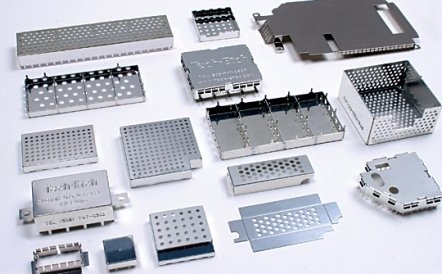
2. shielding against electromagnetic interference (EMI)
Those who require a higher level of data protection, for example due to concerns about advanced tracking technology, should consider the use of electromagnetic interference (EMI) shielding technology. This is a physical protection measure that can effectively block the reception and transmission of GPS signals.
Functionality of EMI shielding boxes
I can tell you that EMI shielding blocks many external signals, including GPS signals. You should understand my explanation, it is generally designed to block signals from different frequencies, not just GPS. Shielding covers are usually made of special materials such as metal mesh or conductive fabric that create a shielded environment around a device or vehicle.
Tips for avoiding trackers
For certain specific requirements or high-risk environments, a single approach may not be sufficient to deal with the complexity of GPS tracking technology. Therefore, a combination of methods can be used, for example:
Combination of software and hardware
You can install a software solution while using physical shielding, such as EMI shielding covers or pockets, to provide a second layer of protection.
Active monitoring
You can also use specialized GPS signal detection devices to monitor for abnormal GPS tracking signals in real time and take immediate countermeasures.
The above methods allow you to select the appropriate solution for blocking GPS tracking based on your data protection requirements and technical capabilities. Whether it is an intelligent software solution or a physical shielding technology, practicality, cost and legal aspects must be weighed up to ensure that the purpose is achieved without violating applicable regulations.


